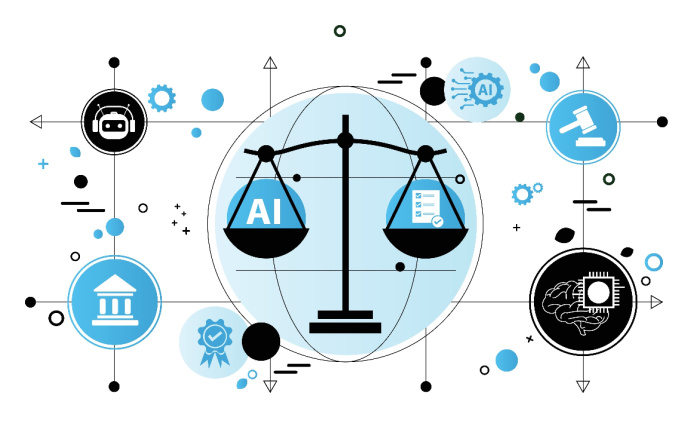
DTA shortlists three US tech giants to deliver mark II of the Federal Government’s visa ‘permissions platform’; CSIRO embraces Open Access for its own research; and ABS rebuilds its IT incident response mechanism.
Tracking the week that was in tech and digital innovation across Australia’s public sector.
- The CSIRO has announced it will move towards an Open Access model for its own research, making its scientific breakthroughs more accessible to the public – not just those with journal subscriptions.
- The Department of Defence has confirmed a $175 million deal with Fujitsu, Leidos and KBR to transform the DoD’s network infrastructure and end-user computing.
- Deloitte was reportedly paid just over $1.5 million to deliver an off-the-shelf online forum platform and social media management tools for the Australian Tax Office (ATO). The work is said to relate to the ATO’s existing online community forum, which allows users to post tax-related questions and receive answers from other users and ATO representatives.
- The Digital Transformation Agency (DTA) has shortlisted three US tech companies – IBM, Pega, and Oracle – to work on a “permissions capability” visa processing platform. The platform would initially handle digital passenger declarations and digital visa processing.
- The Australian Bureau of Statistics (ABS) has rebuilt its incident response capability, deploying a new digital platform to assist with escalation, status updates, and post-incident reporting ahead of the 2021 Census.
- NSW Premier Gladys Berejiklian has unveiled a new government body, Investment NSW, supporting businesses dedicated to R&D.
- The DTA has detailed a list of 84 of its costliest projects – those exceeding $10 million – currently in play across the Federal Government.
- Australia’s chief cyber agency, the ACSC, has revealed a number of Australian organisations carrying vulnerable Microsoft Exchange deployments have been compromised. The ACSC has advised those yet to patch vulnerable versions of the mail server to do so urgently.
- Leading Edge Data Centres is rolling out modular data centres across NSW enabling, it says, direct cloud access and faster internet speeds for local governments.
- The PM&C’s Critical Technologies Policy Coordination Office has launched a program of stakeholder engagement activities for 2021, exploring current and emerging critical technologies said to be key to Australia’s future prosperity.
- The Queensland Government’s first “digital hospital”, the Surgical, Treatment and Rehabilitation Service (STARS), has opened its doors to patients. Clinicians at the hospital will have access to patient medical information at their fingertips on computers and devices instead of paper files.
- AustCyber has launched AUCyberscape, touted as Australia’s first consolidated online knowledge hub for cybersecurity capability. The platform provides an “interactive” overview of local cybersecurity products and services, as well as highlighting trends, issues, and opportunities in the industry.
- The Australian Government has increased places in its $25 million Women in STEM Cadetships and Advanced Apprenticeships Program, to encourage women to study STEM whilst currently employed. The program provides grants to higher education providers to deliver programs that women can undertake part-time alongside employment.
- The NSW Government’s Service NSW app has reportedly been downloaded more than four million times and used for over 117 million Covid check-ins across the state. More than 80,000 businesses are now actively making use of the app’s check-in feature.
- The Victorian Government has funded a new Digital Farmhand. The low-cost “drone on wheels” was developed by The University of Sydney’s robotics development unit, Agerris, with the hope of increasing agricultural productivity.
- The NSW Government has launched a $750 million program to promote low emission technology and low carbon industries.
- The ACT Government will provide $478,000 in funding for community organisations to help build their digital capacity and online presence this year as part of the Technology Upgrade Fund.
- The Northern Territory Government has introduced a subsidy to support online learning for young Territorians. More than 50 families and their children participating in the study via distance learning will receive the subsidy.
Related News





